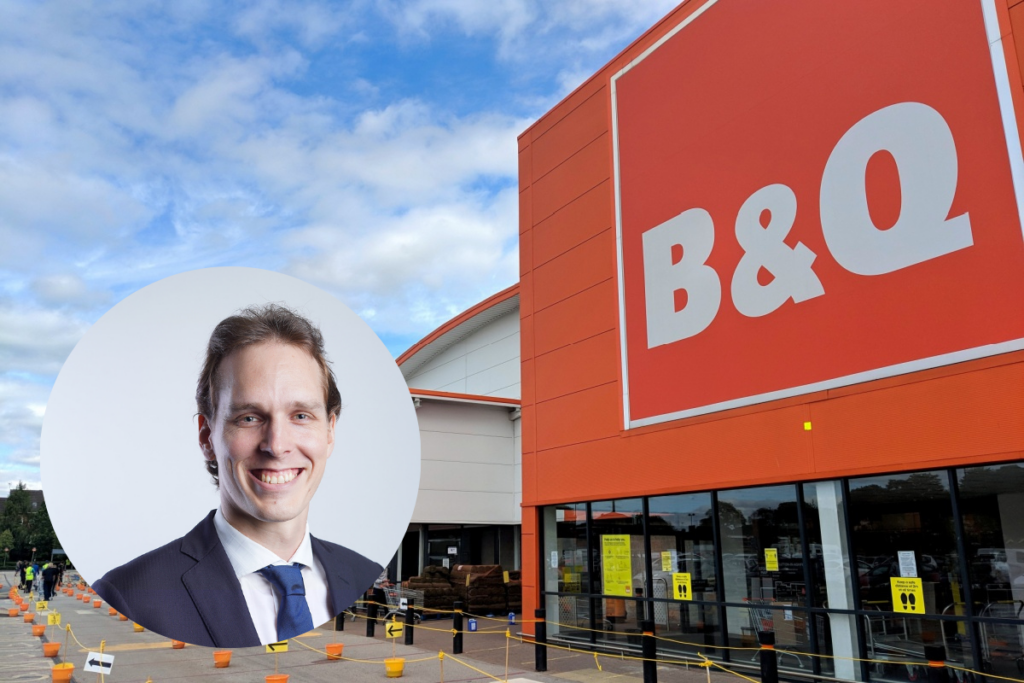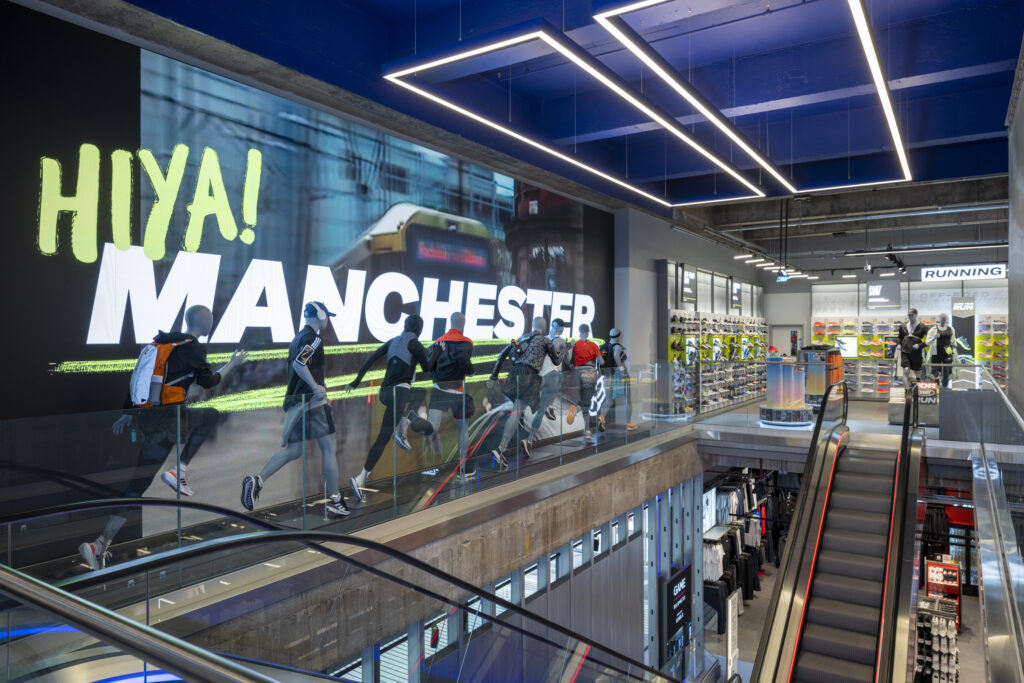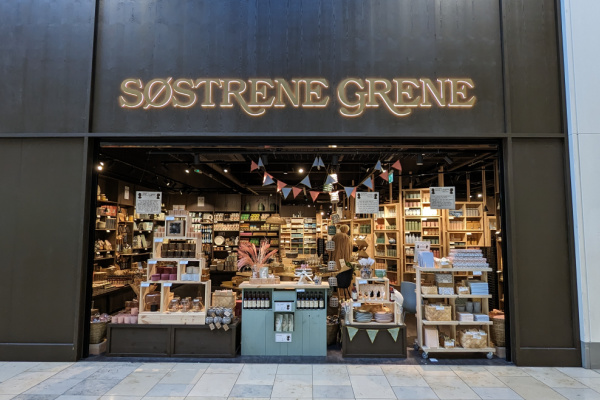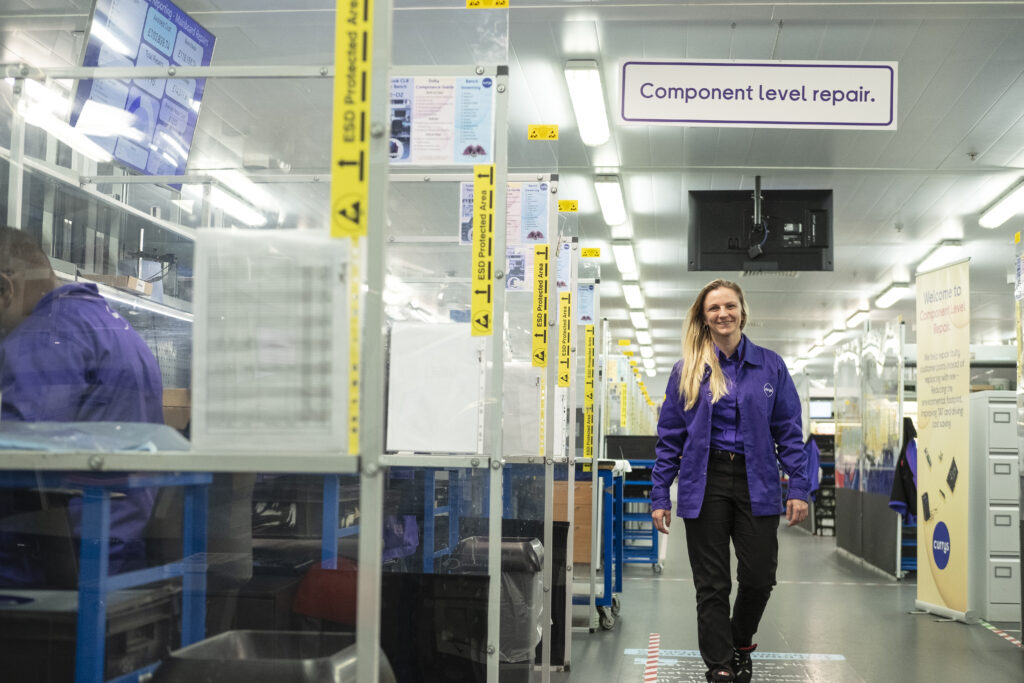Helen Dickinson didn’t hold back when asked about the government’s performance surrounding Brexit lately.
“I think many retail business are just watching with horror almost at the mess that has been created and how it’s so late, and from a business point of view you would never, never leave everything to the last minute,” she told Retail Gazette.
When Dickinson left her role as a top-ranking auditor for retailers at KPMG to become British Retail Consortium chief executive at the start of 2013, the UK retail industry was fairly stable. Consumer confidence and retail sales were improving after shaking off the last remnants of the global financial crisis.
However, its biggest challenge was yet to come: Brexit. The June 2016 referendum and the trade deal negotiations since have prompted a decline in consumer confidence and retail sales, plus rising costs associated with the weakened sterling.
Dickinson said the BRC’s campaigning message around Brexit always had the interests of retailers and consumers at its core. With a no-deal scenario still possible once the UK exits the EU either on Friday, as per the original deadline, April 12, or even May 22 – the past few months has seen the BRC trying to persuade parliamentarians that whatever they decide, a no-deal scenario had to be avoided.
“That ability to deliver pretty low inflation or even deflation in non-food over the last five years or so has been dependent on frictionless movement of goods across borders, and to the extent that goods are imported from the EU, or from countries that the EU has a trade deal with, as there are no tariffs on those goods coming in,” she explained.
“So the continuation in some way – however we get that – of frictionless, tariff-free, movement of goods has been priority number one in our campaign, as has access to labour of all levels because lots of retailers rely on people from – if not across the world, but particularly across the EU.”
She added: “If we’re on WTO tariffs, and if we have any friction at the borders, that will put costs up for retailers and hence prices up for consumers.”
At the time of her interview with Retail Gazette, Westminster Palace was in the midst of a spiral. It had debated and subsequently rejected Prime Minister Theresa May’s withdrawal agreement, and the chances of crashing out of the EU without a deal frequently lurched from highly likely to unlikely. Despite this, Dickinson had faith that the BRC’s campaigning has paid off in some way.
“Many retail business are just watching with horror almost at the mess that has been created.”
“If you look at a lot of the debates going on in parliament at the moment, and judging by what people talk about, the majority do not want a no deal,” she reflected.
“That has been a function of really effectively landing the messages of what the consequences could be.
“No business can assume that no-deal will come off the table, even though lots of people recognise that it is, but something has to happen for that to occur and at this point in time it is not clear what that is to be.”
Aside from Brexit, the other big issue UK retail has had to grapple since Dickinson started as BRC chief executive six years ago is business rates – the controversial property tax that has become the ire of retailers since its revaluation at the start of the 2017/18 fiscal year.
A long list of chief executives and retail experts have criticised the tax, and several retailers that either entered administration or launched a CVA have blamed business rates as one of the reasons behind their declines. Meanwhile, the BRC urged the government to thoroughly reform the business rates regime.
In the 2017 Autumn Budget, Chancellor Philip Hammond appeared to listen to some of the criticisms. He announced changes that meant business rates would now be pegged to the lower CPI inflation rate index rather than the RPI rate, as well as more regular revaluations. And in last year’s Budget, he announced £900 million in business rates relief for 500,000 small businesses that have a rateable value of less than £50,000.
While Dickinson welcomed the changes, she said much more needed to be done – not just for independent retailers, but also for the bigger retail chains. She also highlighted how property tax in the UK took up a bigger proportion of overall business capital compared to other countries – and that that burden fell more on retail than any other industry.
“[The business rates relief in the 2018 Budget] needed to be much wider, much broader, in order to have a substantial difference on the mindset of businesses and their investment into their physical space,” she argued.
“There are already fewer retail stores than there were, there will be fewer stores in retail in the future because online is going to continue to grow, but having said that we absolutely need to remove the disincentives from operating the physical property.
“That requires the business rates burden to come down and the only way that they can do that is fundamentally reforming the way that system works.”
Dickinson had faith that the Chancellor’s office has been listening to the retail industry’s concerns, but branded their responses in recent years as “tinkering around the edge”.
“It’s kind of like they’re giving us a little bone to try and make it go away but we’re like, no, we’re not going away because it’s a more fundamental problem than this,” she told Retail Gazette.
“We absolutely need to remove the disincentives from operating the physical property.”
“They are indeed listening, but the challenge is getting them to move from listening to acting because they know there’s a problem.
“The whole economic environment and austerity is part of the barrier to getting them to move from ‘yes, yes, yes, we hear you’, to ‘yes, yes, yes, we’re doing something about it’.”
Of course, one can’t talk about business rates without ignoring ecommerce. Dickinson said that while it was tempting to just increase taxes online, it was not that black and white.
“If we decided to reduce our business rates but increase our online taxes, and [online retailers] were growing, and the number of stores are falling – then retail plc as a whole will end up paying more tax,” she explained.
“Most businesses now are selling through shops as well as online, so the whole idea that you can draw a line between the two – to stop taxing that and start taxing this – is, I think, the wrong road to go down.
“If property taxes were not so high, then actually the comparison between a purely digital business, and a purely physical business wouldn’t be so stark.”
Dickinson also pointed to major flaws in international taxation.
“This is where the Chancellor is seeking to act,” she told Retail Gazette.
“He is talking about a digital services tax – so he is not talking about taxing the sale of goods – this is taxing the way that data generates value of a particular market that a company doesn’t necessarily have a physical presence in.
“There is an issue around international taxation generally, in that the whole global tax system was set up in a world when people couldn’t operate global international businesses across borders on a digital basis.”
Another issue the UK retail industry has had to come to terms with is the decline of the high street. Dickinson believed it was in the midst of reinvention and conceded that the high street needed to be re-imagined beyond retail. For example, offering more flexible working spaces, community care facilities to address the ageing population issue, or repurposing former retail space to address the country’s housing shortage.
Dickinson also believes retailers needed to re-imagine how they run their stores, encouraging them to opt for a physical space that is much more experience-based, fulfilment-based, or like a showroom – rather than just a place where one goes to functionally transact.
“We do know there is a real vision of what the future of high streets could look like but the path from here to there is not a straight forward one, and there is no silver bullet,” Dickinson told Retail Gazette.
“There is a real vision of what the future of high streets could look like but the path from here to there is not a straight forward one.”
“The government needs to be able to support that reinventing process and therefore it needs to do things like solve the business rates problem.”
Dickinson went on to address the £650 million worth of funding, also announced in the Autumn Budget, that would go towards transforming high streets around the UK.
“That is a good first step, but it’s early days as to how that is going to be deployed,” she said.
“This is big chunks of money, £20 million-plus, to a small number of locations, so the idea that it will be enough to revolutionise all the struggling high streets up and down the country is not going to happen.
“But if they can mobilise it, get the plan for how it will be spent in those 20-30 areas up and running really quickly, then it could make a substantial difference to a number of places and that then will perhaps set a blueprint for how that can be more widely be rolled out across more places.”
Dickinson concluded that the UK retail industry was facing the “perfect storm” thanks to Brexit, business rates, the decline of the high street, along with a rapid pace of change in technology and the way people shop. She conceded that none these things were going away anytime soon.
She also acknowledged that one thing that hasn’t really changed in the six years she’s helmed BRC is the lack of women that sit on the board of directors of British retailers.
“It’s deeply disappointing, deeply worrying,” Dickinson told Retail Gazette.
“Lots of people of all levels within any industry recognise the importance of gender diversity and other kinds of diversity.
“More than half of people that work in retail are women and that proportion diminishes once you get to the management team level where it’s less than 15 per cent.
“We’ve done some research on this. One of the issues – it’s not the only one, there are lots – but one of the barriers to overcome is how flexibility is viewed in more senior roles.
“Our research shows that some people – particularly women – didn’t go for promotions because they felt they’d lose the flexibility that they achieved in those lower-level jobs, which they really valued in terms of looking after families or elderly relatives.
“So there are a number of initiatives and businesses that are really working closely about how you can build that flexibility into more senior roles.”
“Lots of people of all levels within any industry recognise the importance of gender diversity and other kinds of diversity.”
Either way, Dickinson didn’t believe it was all doom and gloom for UK retail. She said the way technology is framed in a negative sense was something that needed to change.
“We are seeing a lot of focus go into these emerging technologies, into plans to make them actually solve real problems for customers, whether that is growing VR or AR,” she said.
“These are only really kind of the beginning around that might mean in the way we shop.
“The investment in technology has really grown a lot over [the last six years], way more than retail sales, so I think that’s the really exciting thing.”
Dickinson also highlighted the hundreds of small retail businesses that would not have existed six years ago but were how doing extremely well online – both locally and internationally.
“That is what technology and the internet has facilitated,” she said.
“There are also thousands of people doing jobs that didn’t even exist in the retail industry six years ago.
“People are now focusing on a career that nobody would’ve even thought of and we’re just going see more of that.
“While I don’t want to undermine the significance of the challenges – on the other end of the spectrum there’s lot of exciting new things and you still have an industry that is world-leading.
“We should be very proud of that.”
Click here to sign up to Retail Gazette‘s free daily email newsletter


















